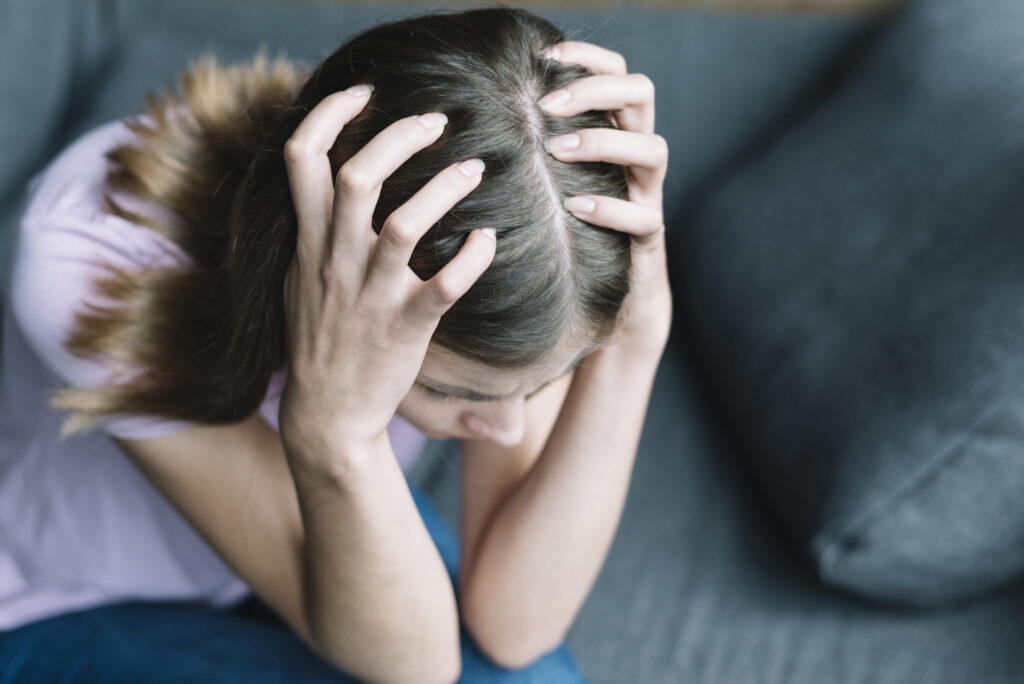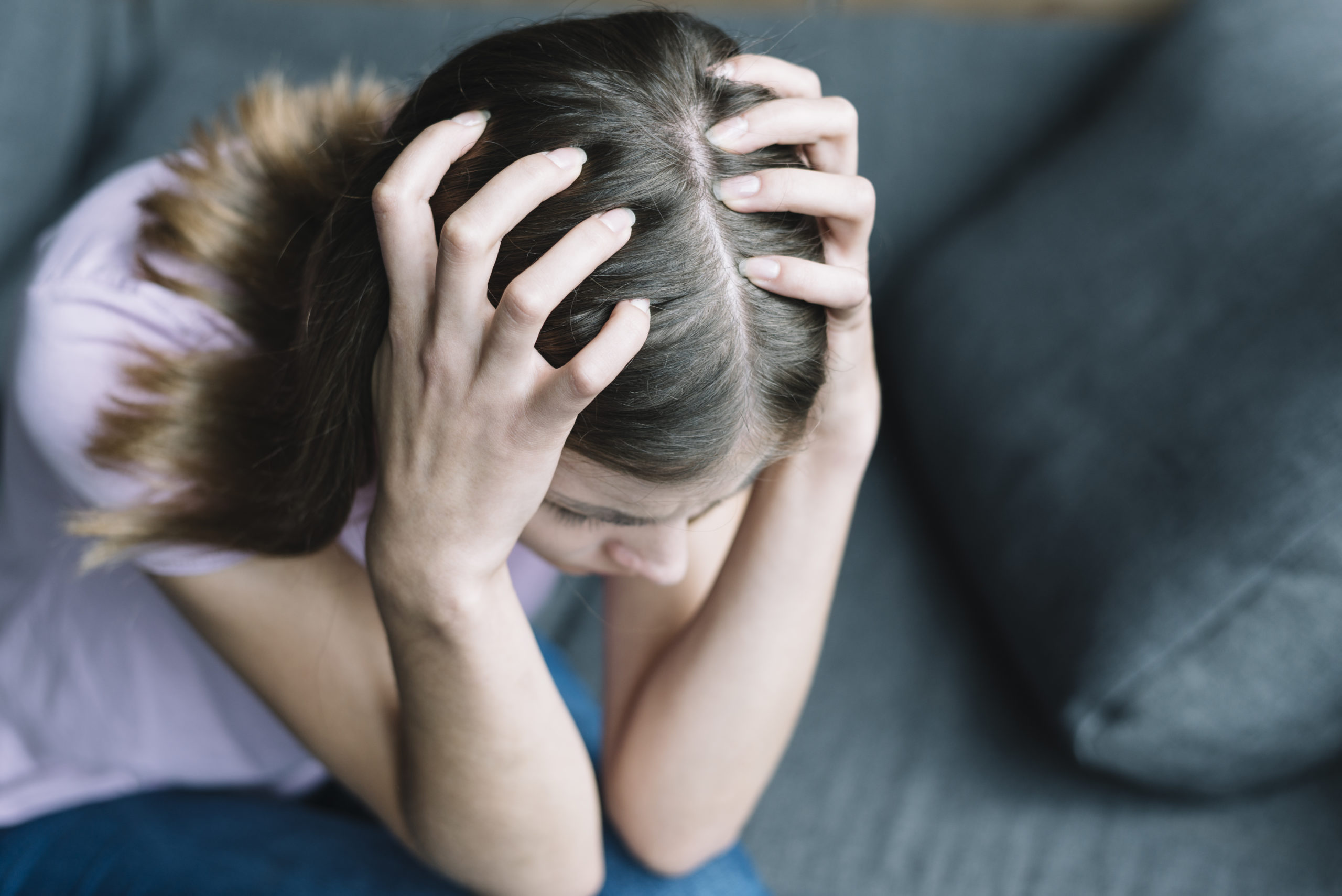The number of women drinking and how much they are drinking is higher than it has ever been before. A 2017 study sponsored by the National Institute on Alcohol Abuse and Alcoholism revealed that from 2001 to 2013, the prevalence of alcohol use among women in the U.S. rose nearly 16%. And during the same time frame, the percentage of women who have four or more drinks on a given day on a weekly basis shot up 58%.¹ Many women feel the stresses from parenting, helping elderly parents, career and financial pressure and, recently, the stresses surrounding the COVID 19 pandemic. Many of these stresses are not new to women, but the way drinking has become so intertwined to relaxing and normalized in general is.¹ Using alcohol as a way to self-medicate isn’t new either, but the pace at which we all live has increased over the years and this has increased the need to “relax” in the evening with a glass of wine. Alcohol ads, movies and tv shows have normalized heavy drinking for women. From Olivia Pope’s regular large glasses of wine in Scandal, the popularization of cosmopolitans due to Sex and the City, the amount of alcohol many of the women drink on the Real Housewives franchise, references to Claire drinking a lot of wine in Modern Family, on Today with Kathie Lee & Hoda, and on and on. Alcohol such as flavored vodkas, skinny margaritas and the seemingly unlimited options for low-calorie hard seltzers have also become popular and many times are targeted toward women. The culture of “rose’ all day,” “mommy juice,” “Sunday Funday,” and “day drinking” is normalized on t-shirts, wine glasses and hashtags all over social media. The trouble with “relaxing” with an alcoholic beverage can be that more women are also drinking more in a day than they have ever before. One or two glasses can easily become four or more for some people. This escalation in drinking does not necessarily mean someone has an addiction, but they have at least moved into riskier levels of drinking.¹ Problems with drinking can include trouble sleeping, hurting relationships to more serious health and addiction issues. If alcohol is having a negative effect on yours, a loved one or a client’s life and they have been unable to reduce their intake on their own, we can help. Contact us at 940.464.7222 to speak to one of our master’s level Intake Counselors to see if treatment is needed and how we can help.
- Ginny Graves, “The Reason Why Women Are Drinking More Than They Ever Have,” March 2019. Retrieved from https://www.health.com/condition/alcoholism/rethink-relationship-to-alcohol.
- Photo from Freepil: https://www.freepik.com/free-photo/elevated-view-woman-suffering-from-headache_3506752.htm#page=2&query=woman+stressed&position=26







